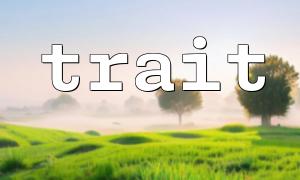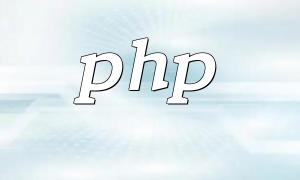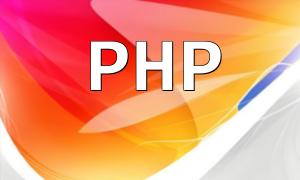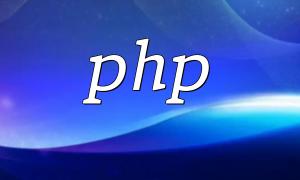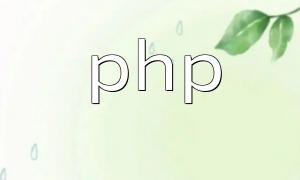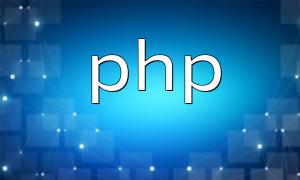PHP frameworks typically offer various extension mechanisms that allow developers to customize and extend the functionality of the framework. In this article, we will focus on the most commonly used extension mechanisms, including hooks, events, filters, and plugins.
Hooks allow custom code to be executed when a specific event is triggered. This mechanism is often used to insert additional functionality into the framework's lifecycle, such as executing some operations before or after a controller method is called.
The event mechanism is similar to hooks but offers more control and flexibility. With events, developers can listen for specific events and perform certain actions when they occur.
Filters are used to modify data passed within the framework. For example, filters can be used to format data, validate user input, or transform data values, ensuring that the data conforms to expected formats.
Plugins are independent code modules that are not part of the core framework. They can add specific functionality to the framework, such as authentication, caching, or logging. Plugins make the framework more flexible, allowing developers to choose and implement features as needed.
Laravel, a popular PHP framework, uses service providers as its extension mechanism to manage service registration and binding. Here is a simple example showing how to register and use a custom service in Laravel.
// app/Providers/MyServiceProvider.php
namespace App\Providers;
use Illuminate\Support\ServiceProvider;
class MyServiceProvider extends ServiceProvider {
public function boot() {
// Register custom service
$this->app->singleton('myService', function() {
return new MyService();
});
// Register alias
$this->app->alias('myService', MyService::class);
}
}In the code above, `MyServiceProvider` registers a custom service named `myService` and creates an alias for it. This service can now be used anywhere within the Laravel application.
// app/Http/Controllers/MyController.php
namespace App\Http\Controllers;
use MyService;
class MyController extends Controller {
public function myMethod() {
// Using the custom service
$service = app('myService');
$result = $service->someMethod();
}
}This way, developers can easily integrate custom services into the Laravel framework, enabling more flexible functionality extensions.
Extension mechanisms in PHP frameworks provide developers with rich customization options, enabling the framework to go beyond its built-in capabilities and be adapted to the needs of specific projects. Whether using hooks, events, filters, or plugins, each mechanism serves a unique purpose in different scenarios and offers powerful support for developers. Understanding and mastering these extension mechanisms can significantly enhance development efficiency and help developers create more scalable and flexible applications.

